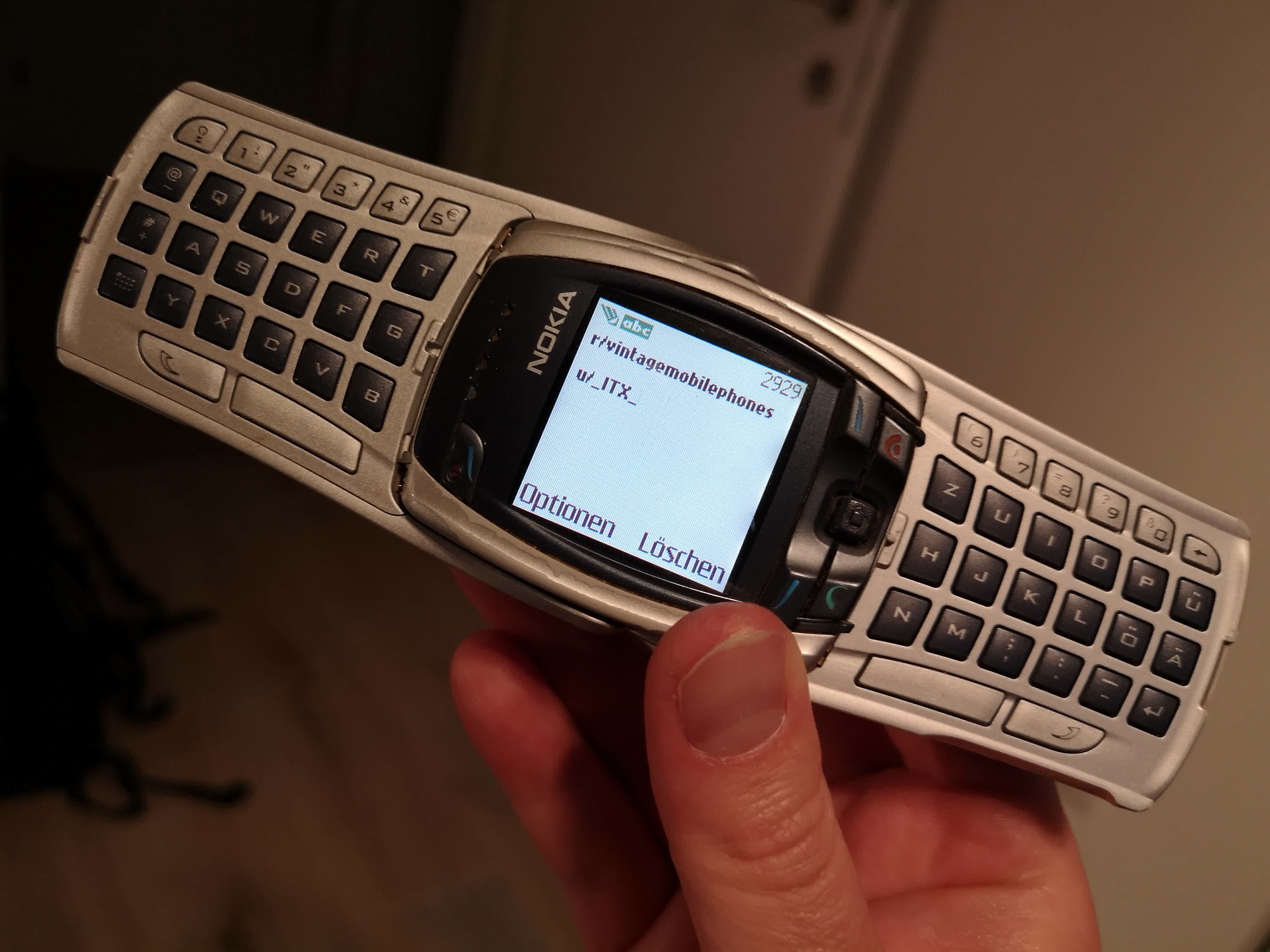Move Over, Google: Samsung Wants To Reinvent The Phone Call, Too
 © Provided by CNET Galaxy S22 (left), Galaxy S22 Plus (center), and Galaxy S22 Ultra (right). Lisa Eadicicco/CNET
© Provided by CNET Galaxy S22 (left), Galaxy S22 Plus (center), and Galaxy S22 Ultra (right). Lisa Eadicicco/CNETSamsung is taking a page out of Google's Pixel playbook with its upcoming One UI 5 software update, which will bring a new way to make calls on Galaxy phones . The Bixby text call feature enables the Bixby assistant to answer a phone call with a text message and switch between voice and text input.
The feature is initially only available in Korean, but it's part of Samsung's efforts to simplify multitasking on Galaxy devices in the future, a theme focused on One UI 5 as a whole to further boost the rise of Apple devices and Google. Over the next year, the company plans to expand into other languages, including English.
Samsung isn't alone in experimenting with ways to improve the basic phone call experience. Google has rolled out new phone-centric features for Pixel devices that can screen calls on your behalf, put you on hold, and predict wait times when you call toll-free numbers. Bixby Text Call is Samsung's most popular answer to Google's need to modernize phone calls.
"Bixby has become a unique voice control agent over the years," Sally Jong, vice president of Samsung's Mobile Experience Business Framework research and development group, said through a translator. "And it takes a lot of training for Bixby to properly recognize and understand phone voices."
However, Samsung's approach is different from Google's. Instead of letting Bixby answer calls, it helps you with your calls by typing between voice and text to respond to an awkward situation. It's mostly a combination of text messages and phone calls.
 © Provided by CNET Samsung's Bixby, seen here on the Galaxy S10, has had limited success compared to virtual assistants like Alexa and Google Assistant. Jason Cipriani/CNET
© Provided by CNET Samsung's Bixby, seen here on the Galaxy S10, has had limited success compared to virtual assistants like Alexa and Google Assistant. Jason Cipriani/CNETThe reason we're launching this feature now is because the technology has matured enough to understand spoken language nearly five years after Bixby debuted. Another technical challenge Samsung had to overcome before implementing this feature was the isolation between the phone's microphone and the receiver on the other end.
"We found phone calls to be the most efficient or useful situation to use the technology," Jeong said of Bixby's voice recognition advancements. "Because, as you know, we've all experienced the pain of having to leave the room to take an unexpected call."
When you use Bixby Text Call, you can write a text message to answer an incoming call, which Bixby will translate into speech for the caller on the other end. The caller will hear an automated message through Bixby alerting them that the call will be returned. Bixby then translates the caller's speech into text for the recipient. The feature runs on the device, which means it's not sent to the cloud for processing, and the call decryption is stored in the Samsung Calls app. Once the discovery process is complete, the sound will automatically delete itself, Samsung says.
Samsung sees an opportunity to further expand this technology in the future. Jong predicts that Samsung will eventually have a Bixby screen for unwanted calls, similar to the Google Assistant on Pixel phones in the US . USA
 © Provided by CNET Bixby's spam filtering capabilities are similar to Pixel phones, which can prevent potential spam calls before they reach you. Google:
© Provided by CNET Bixby's spam filtering capabilities are similar to Pixel phones, which can prevent potential spam calls before they reach you. Google:"Spam filtering will certainly be an area we're exploring beyond text-to-speech and vice versa," Jong said, though he couldn't provide a timeline.
Samsung's Bixby voice assistant launched in 2017, but has not achieved the same popularity as Apple's Siri, Google Assistant and Amazon's Alexa. A 2020 report by Voicebot.ai, which examined voice assistant adoption among US adults, found that Samsung's Bixby accounted for just 6.7% of the phone-based voice assistant market, while Siri leads with 45.1% support. In second place is Google Assistant with 29.9%, followed by Amazon's Alexa with 18.3%.
But Bixby usage has grown since 2018. According to the report, Samsung's market share increased from 4.7% in 2018 to 6.7% in 2020, while the shares of Apple and Google declined slightly.
Whether features like Bixby Text Call will help Samsung's digital assistant catch up with alternatives from Apple and Google remains to be seen. But it's clear that Apple, Google and Samsung are using their virtual assistants to improve the phone experience.
For example, Google updated its Direct My Call feature, which uses Google Assistant to display automatic menus on the phone. On the Pixel 7 , Google Assistant flips through these menus before speaking them. Apple added the ability for Siri to make hands-free calls and send messages without authentication in iOS 16.
next


